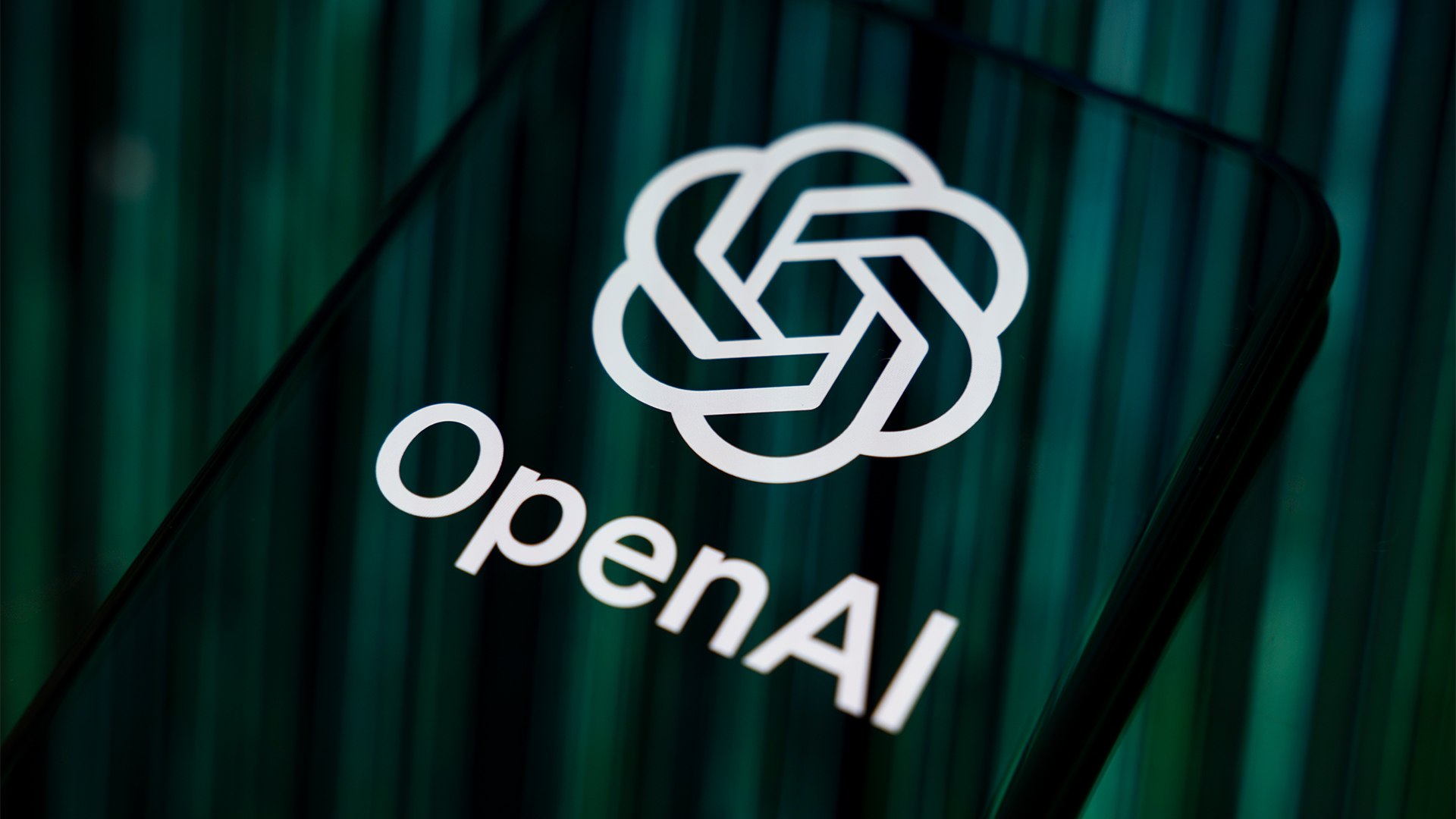Businesses are being taken for fools with AI agents
No amount of automation or ‘reasoning’ can hide a bad product – but don’t ask AI developers


AI agents have been the hot new product in the tech sector for some time now, freshening up the shine of generative AI as well as the century-old promise of truly intelligent automation.
Big tech has spent more than a year promising that AI agents can deliver on this promise to an extent that the earliest LLMs couldn’t, by automatically completing tasks based on detailed user prompts. And they’re not holding back in their predictions for the potential of agentic AI.
Microsoft, for one, expects 1.3 billion AI agents to be operational by 2028, having painted a picture of a vast interconnected world of agents that collaborate on tasks.
This doesn’t really mean anything, though. For all IT decision makers know, a billion of those agents could only be capable of carrying out the simplest tasks and may barely move the dial when it comes to productivity.
Simply having more agents in your enterprise environment isn’t inherently a good thing, in the same way that simply hiring more workers is pointless if they’re not very good at their jobs.
Don’t hand a monkey the car keys
Let’s be very clear here: AI agents are still not very good at their 'jobs', or at least pretty terrible at producing returns on investment.
Gartner expects 40% of AI agents to be canned by 2027 and has warned against adopting tools that are essentially repackaged RPA and chatbots. Working with these things on the ground may be a baffling experience – writing about them from the periphery is becoming maddening.
Sign up today and you will receive a free copy of our Future Focus 2025 report - the leading guidance on AI, cybersecurity and other IT challenges as per 700+ senior executives
The pattern with generative AI is clear at this point: developers launch a new architecture or framework to much fanfare, initial hype is followed by bold claims about how the tools will revolutionize the workplace, and then businesses spend two years trying to squeeze any value out of products.
The end result is the same, namely disappointed IT teams and confused C-suite executives who have bought into the latest AI hype.
I’m not saying companies won’t find ways to use AI to their benefit. I’m simply saying that if you’re really invested in the idea that letting an autonomous AI agent loose in your enterprise will automatically drive growth and productivity, you may be in for a nasty surprise.
AI agents have been the subject of both praise and scrutiny, particularly from those in the security department. Trust in AI agents may actually be decreasing and security experts are openly calling for more discussion on the risks of AI agents.
Some companies, concerned with the potential for AI agents to go off the rails and cause damage, are using AI agents to police AI agents. This isn’t a tiny phenomenon either: Gartner predicts these ‘guardian agents’ will form 10-15% of the agentic AI market by 2030.
What exactly are we doing here? It seems to me that companies are being encouraged to walk into a ‘who watched the watchmen’ conundrum, with no actual benefit to their bottom line. AI agents are either trustworthy or they’re not – no amount of oversight will change that.
Of course, it suits the companies peddling AI agents very well to offer them as a solution to their own issues. The promise of a worker that never clocks out is a double edged sword, as the cost of inferencing cloud AI models only compounds when you ask them to process information 24/7.
Reasoning isn’t working
The first generation of AI agents came with reassurance from developers that these tools would always have human oversight. This was intended to prevent agents from making major mistakes based on hallucinations – and also to shield AI developers from blowback as a result of these potentially disastrous errors, particularly when it comes to deploying code.
Of course, this also negated the primary selling point of agents: that they could work autonomously, without need for constant human supervision.
Enter reasoning. Developers have heralded this as the next great step for LLMs, as it allows them to break down user demands step-by-step to give more detailed – and hopefully more usable – answers and responses to prompts.
It’s also been sold as a major enabler for AI agents, as it allows them to act with more autonomy and react to changing conditions or input contexts to go longer in between user prompts.
Reasoning models can produce a ‘chain of thought’, a breakdown of each decision the model has made so that users can assess the model’s reasoning and follow a clear audit trail for why it’s made any decision.
Here’s the problem: reasoning doesn’t work so well. Earlier this year, an Apple study concluded that reasoning models would simply give up when faced with sufficiently complex problems, even if they still had tokens left over to work on them.
Working in tech media, it can be easy to get swept up in regular product announcements. I’ve written before about how we all need to pay less attention to individual model releases and more on the actual use cases they enable.
But the lure of keeping up with LMArena leaderboards and the latest from OpenAI, Google, and Anthropic among others is strong. Since that Apple paper dropped in June, we’ve had a number of major AI releases – even the much feted GPT-5, underwhelming though it may be – to capture our attention and keep generative AI exciting.
We’ve not, however, had any major retort to the Apple paper. I’ll believe the potential of AI agents when I see it.

Rory Bathgate is Features and Multimedia Editor at ITPro, overseeing all in-depth content and case studies. He can also be found co-hosting the ITPro Podcast with Jane McCallion, swapping a keyboard for a microphone to discuss the latest learnings with thought leaders from across the tech sector.
In his free time, Rory enjoys photography, video editing, and good science fiction. After graduating from the University of Kent with a BA in English and American Literature, Rory undertook an MA in Eighteenth-Century Studies at King’s College London. He joined ITPro in 2022 as a graduate, following four years in student journalism. You can contact Rory at rory.bathgate@futurenet.com or on LinkedIn.
-
 Enterprise security in a world of AI deepfakes and uncertainty over identity
Enterprise security in a world of AI deepfakes and uncertainty over identityAs AI-driven deepfakes grow more sophisticated, enterprises must move to layered defenses that protect trust without friction
-
 ‘Resilience debt’ is now one of the most pressing cyber challenges for enterprises
‘Resilience debt’ is now one of the most pressing cyber challenges for enterprisesNews Research from Dell Technologies suggests the gap between cyber resilience and perception of readiness is getting bigger
-
 ‘There’s been tremendous agent washing’: Dell Technologies CTO John Roese says the real potential of AI agents is just being realized – and they could end up managing humans
‘There’s been tremendous agent washing’: Dell Technologies CTO John Roese says the real potential of AI agents is just being realized – and they could end up managing humansNews As businesses look for return on investment with AI, Dell Technologies believes agents will begin showing true value at mid-tier tasks and in managerial roles.
-
 Workers are wasting half a day each week fixing AI ‘workslop’
Workers are wasting half a day each week fixing AI ‘workslop’News Better staff training and understanding of the technology is needed to cut down on AI workslop
-
 Retailers are turning to AI to streamline supply chains and customer experience – and open source options are proving highly popular
Retailers are turning to AI to streamline supply chains and customer experience – and open source options are proving highly popularNews Companies are moving AI projects from pilot to production across the board, with a focus on open-source models and software, as well as agentic and physical AI
-
 Microsoft CEO Satya Nadella wants an end to the term ‘AI slop’ and says 2026 will be a ‘pivotal year’ for the technology – but enterprises still need to iron out key lingering issues
Microsoft CEO Satya Nadella wants an end to the term ‘AI slop’ and says 2026 will be a ‘pivotal year’ for the technology – but enterprises still need to iron out key lingering issuesNews Microsoft CEO Satya Nadella might want the term "AI slop" shelved in 2026, but businesses will still be dealing with increasing output problems and poor returns.
-
 OpenAI says prompt injection attacks are a serious threat for AI browsers – and it’s a problem that’s ‘unlikely to ever be fully solved'
OpenAI says prompt injection attacks are a serious threat for AI browsers – and it’s a problem that’s ‘unlikely to ever be fully solved'News OpenAI details efforts to protect ChatGPT Atlas against prompt injection attacks
-
 OpenAI says GPT-5.2-Codex is its ‘most advanced agentic coding model yet’ – here’s what developers and cyber teams can expect
OpenAI says GPT-5.2-Codex is its ‘most advanced agentic coding model yet’ – here’s what developers and cyber teams can expectNews GPT-5.2 Codex is available immediately for paid ChatGPT users and API access will be rolled out in “coming weeks”
-
 Google DeepMind CEO Demis Hassabis thinks startups are in the midst of an 'AI bubble'
Google DeepMind CEO Demis Hassabis thinks startups are in the midst of an 'AI bubble'News AI startups raising huge rounds fresh out the traps are a cause for concern, according to Hassabis
-
 OpenAI turns to red teamers to prevent malicious ChatGPT use as company warns future models could pose 'high' security risk
OpenAI turns to red teamers to prevent malicious ChatGPT use as company warns future models could pose 'high' security riskNews The ChatGPT maker wants to keep defenders ahead of attackers when it comes to AI security tools